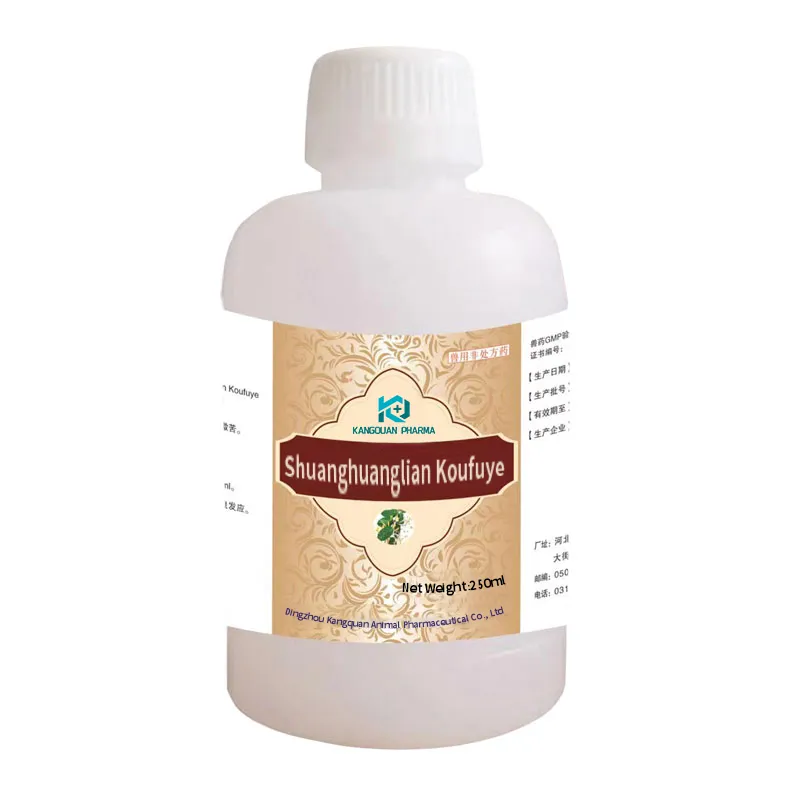- Afrikaans
- Albanian
- Amharic
- Arabic
- Armenian
- Azerbaijani
- Basque
- Belarusian
- Bengali
- Bosnian
- Bulgarian
- Catalan
- Cebuano
- Corsican
- Croatian
- Czech
- Danish
- Dutch
- English
- Esperanto
- Estonian
- Finnish
- French
- Frisian
- Galician
- Georgian
- German
- Greek
- Gujarati
- Haitian Creole
- hausa
- hawaiian
- Hebrew
- Hindi
- Miao
- Hungarian
- Icelandic
- igbo
- Indonesian
- irish
- Italian
- Japanese
- Javanese
- Kannada
- kazakh
- Khmer
- Rwandese
- Korean
- Kurdish
- Kyrgyz
- Lao
- Latin
- Latvian
- Lithuanian
- Luxembourgish
- Macedonian
- Malgashi
- Malay
- Malayalam
- Maltese
- Maori
- Marathi
- Mongolian
- Myanmar
- Nepali
- Norwegian
- Norwegian
- Occitan
- Pashto
- Persian
- Polish
- Portuguese
- Punjabi
- Romanian
- Russian
- Samoan
- Scottish Gaelic
- Serbian
- Sesotho
- Shona
- Sindhi
- Sinhala
- Slovak
- Slovenian
- Somali
- Spanish
- Sundanese
- Swahili
- Swedish
- Tagalog
- Tajik
- Tamil
- Tatar
- Telugu
- Thai
- Turkish
- Turkmen
- Ukrainian
- Urdu
- Uighur
- Uzbek
- Vietnamese
- Welsh
- Bantu
- Yiddish
- Yoruba
- Zulu
8 月 . 02, 2024 14:52 Back to list
Determining the Appropriate Enrofloxacin Dosage for Effective Sheep Treatment and Infection Control
Enrofloxacin Dosage for Sheep Understanding Its Uses and Guidelines
Enrofloxacin is a fluoroquinolone antibiotic widely used in veterinary medicine, particularly for treating bacterial infections in livestock, including sheep. This broad-spectrum antibiotic is known for its effectiveness against a variety of pathogens, making it a valuable tool in the management of sheep health. Understanding the appropriate dosage and usage of enrofloxacin is essential for optimizing its benefits while minimizing potential risks.
Mechanism of Action
Enrofloxacin works by inhibiting bacterial DNA gyrase, an enzyme essential for DNA replication and transcription. This action leads to the prevention of bacterial growth and division, making enrofloxacin effective against various Gram-negative and some Gram-positive bacteria. Common bacterial infections that may be treated with enrofloxacin in sheep include respiratory diseases, urinary tract infections, and skin infections.
Determining the Dosage
The appropriate dosage of enrofloxacin for sheep can vary based on factors such as the age, weight, and specific health condition of the animal. Generally, the recommended dosage is around 2.5 to 7.5 mg of enrofloxacin per kilogram of body weight, administered once daily for a duration typically not exceeding five days. However, this can vary, and it is essential to consult a veterinarian for specific cases.
For instance, for adult sheep weighing around 70 kg, the dosage could range from 175 mg to 525 mg per day
. It’s critical to calculate the doses accurately to prevent under or overdosing, which can lead to treatment failure or adverse effects.Administration Methods
enrofloxacin dosage for sheep

Enrofloxacin can be administered via different routes, including subcutaneously, intramuscularly, or orally. The choice of administration route may depend on the veterinarian's evaluation, the condition being treated, and the ease of handling the sheep. Intramuscular and subcutaneous injections are most common for acute infections, while oral formulations may be more suitable for long-term treatments or for treating groups of animals.
Considerations and Precautions
While enrofloxacin is generally safe when used as directed, certain precautions should be taken. It is crucial to avoid administering enrofloxacin to pregnant or lactating ewes unless specifically directed by a veterinarian, as it may affect fetal development or milk quality. Additionally, enrofloxacin should not be used in sheep intended for human consumption until the withdrawal period has elapsed. Typically, the withdrawal time for enrofloxacin is at least 28 days, but this may vary depending on local regulations and the specific formulation used.
Resistance and Stewardship
One of the critical concerns with the use of antibiotics, including enrofloxacin, is the development of antibiotic resistance. Overuse and misuse can lead to resistant bacterial strains, compromising the effectiveness of these vital medications. Therefore, it is essential to use enrofloxacin judiciously and to follow best practices in antibiotic stewardship. This includes reserving antibiotics for situations where they are genuinely needed and enforcing appropriate treatment durations.
Conclusion
Enrofloxacin is a powerful antibiotic that can play an essential role in maintaining sheep health when used responsibly. Understanding its dosage guidelines, administration methods, and precautions can help farmers and veterinarians effectively manage bacterial infections in sheep. However, vigilance in monitoring for resistance and adhering to proper usage protocols is crucial for sustaining the efficacy of this antibiotic and ensuring the long-term health of sheep populations. Always consult with a qualified veterinarian for tailored advice and treatment plans specific to your flock.
-
The Power of Radix Isatidis Extract for Your Health and Wellness
NewsOct.29,2024
-
Neomycin Sulfate Soluble Powder: A Versatile Solution for Pet Health
NewsOct.29,2024
-
Lincomycin Hydrochloride Soluble Powder – The Essential Solution
NewsOct.29,2024
-
Garamycin Gentamicin Sulfate for Effective Infection Control
NewsOct.29,2024
-
Doxycycline Hyclate Soluble Powder: Your Antibiotic Needs
NewsOct.29,2024
-
Tilmicosin Premix: The Ultimate Solution for Poultry Health
NewsOct.29,2024













